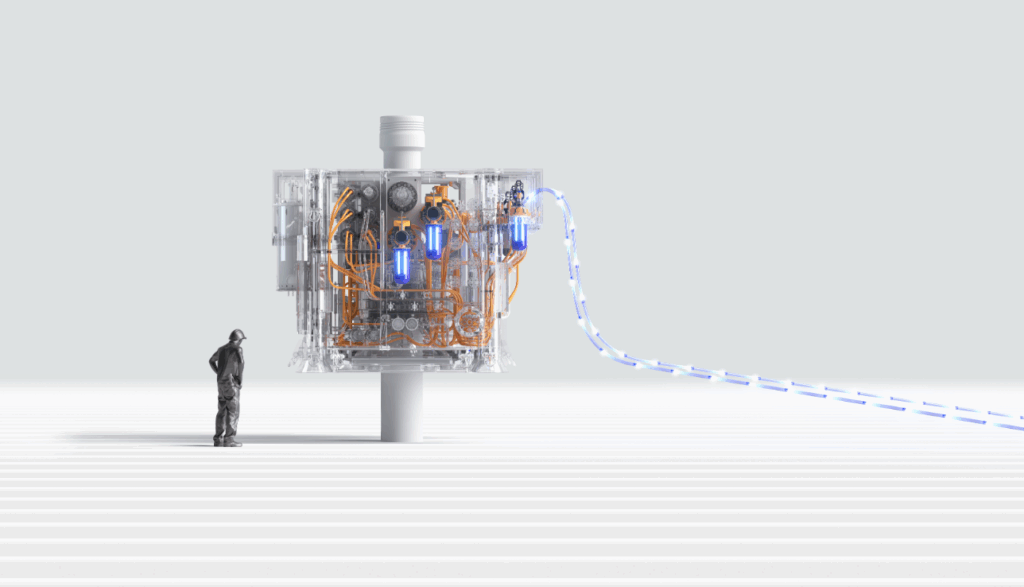Global energy technology company SLB has announced that its joint venture, OneSubsea™, has been awarded a major engineering, procurement and construction (EPC) contract by Norwegian energy giant Equinor for the Fram Sør development, located offshore Norway.
The contract marks a historic step for the industry as it involves the delivery of the world’s first large-scale all-electric subsea production system (SPS). The project will see the installation of 12 wells and four subsea templates, pioneering a new approach to subsea operations that eliminates the need for hydraulic fluid supplied by the host platform.
The deal follows a year-long front-end engineering design (FEED) phase, in which Equinor and SLB OneSubsea worked together to refine the development plan before reaching a final investment decision (FID). According to SLB, this collaborative process was key to ensuring cost-effectiveness and technical feasibility.
Mads Hjelmeland, chief executive officer of SLB OneSubsea, described the contract as “a breakthrough project for our industry.”
He said: “Not only do all-electric subsea solutions significantly reduce topside needs to make large-scale tiebacks such as the Fram Sør development possible, but they also hold the key to unlock more marginal resources through their reduced footprint and simplified operations.”
The Fram Sør field will be developed as a subsea tieback to the Troll C platform in the North Sea, one of Norway’s major offshore production hubs. By linking into existing infrastructure, the project is expected to deliver both cost savings and operational efficiency.
Industry observers note that the move towards all-electric subsea systems could have far-reaching implications. Traditional subsea systems rely heavily on hydraulic power, requiring complex topside facilities. By contrast, an electric-only system simplifies operations and reduces the environmental impact of production.
The project also comes at a critical time for Europe’s energy security. Production from Fram Sør will contribute to gas supplies from the Norwegian continental shelf, one of the continent’s most important sources of energy. With Troll C powered from Norwegian shores, the new development is expected to have among the lowest emissions in offshore production globally.
Equinor, which has increasingly focused on lowering the carbon footprint of its offshore projects, sees the Fram Sør development as a key step in combining secure energy supply with reduced environmental impact.
Analysts suggest that this venture could set the stage for further adoption of all-electric subsea technology, particularly in fields where space, emissions and efficiency are major concerns.
The contract remains subject to regulatory approval of the plan for development and operation (PDO). Once approved, work is expected to progress rapidly, given the strong alignment between Equinor and SLB OneSubsea during the FEED stage.
For Norway, the development reinforces its position as a global leader in offshore energy innovation, balancing traditional hydrocarbon production with measures to minimise emissions. For SLB, it represents both a technological milestone and a strategic win in an increasingly competitive subsea market.

